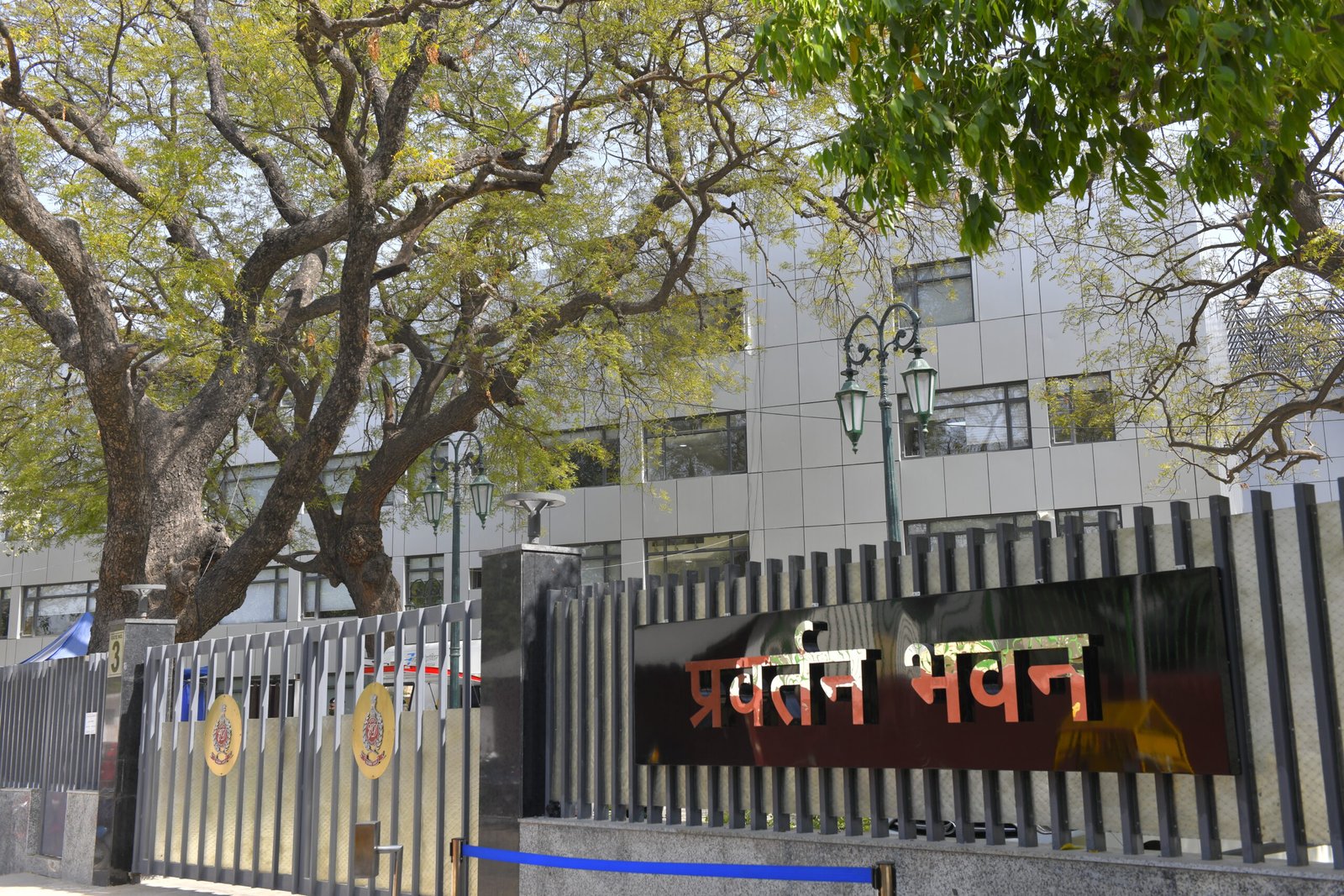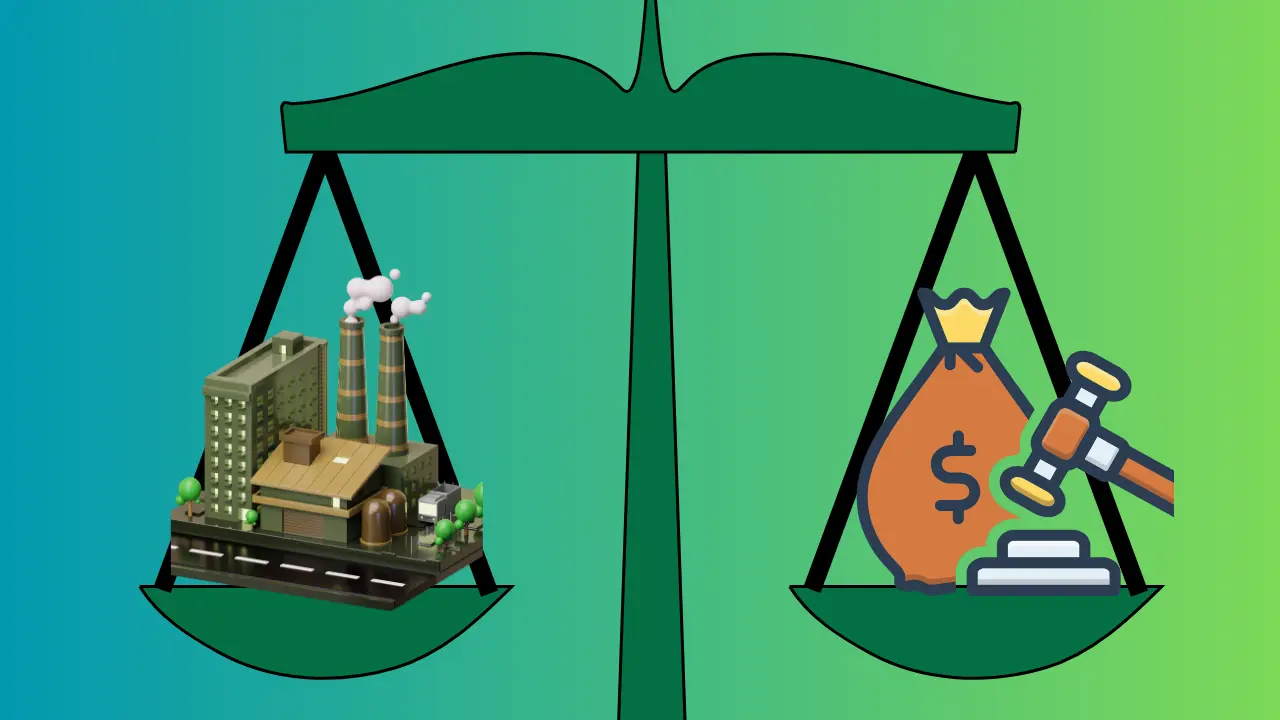Introduction
The Supreme Court of India’s recent decision dated 16th May 2024 in Tarsem Lal v. Directorate of Enforcement has provided much-needed clarity to the often complex procedures under the Prevention of Money Laundering Act (PMLA) concerning summons issued by the Enforcement Directorate (ED). This article will delve into the key aspects of the judgment and its implications for legal practitioners and individuals facing ED investigations.
Background
The PMLA, enacted in 2002, empowers the ED to investigate and prosecute offenses related to money laundering. The Act has been instrumental in combating financial crime in India, but its procedures have often been subject to scrutiny and litigation.
Key Issues Addressed by the Court
The Supreme Court addressed three primary questions in this case:
- Regular Bail After Summons: The Court held that a mere summons from the ED does not necessitate the immediate application for bail. This is a significant departure from previous practices, where individuals were often compelled to seek bail prematurely. The Court emphasized that the issuance of a summons does not imply the existence of sufficient grounds for arrest or detention.
- Judicial Custody: The Court clarified that a person who is summoned by the ED does not need to be sent to judicial custody. This prevents unnecessary incarceration and ensures that individuals are not subjected to undue hardship before formal charges are framed.
- Personal Bonds: The Court further emphasized that special courts are obligated to accept personal bonds from individuals who have been summoned by the ED. This is a pragmatic approach that balances the need for effective law enforcement with the protection of individual rights.
Implications of the Judgment
The Supreme Court’s decision has far-reaching implications for legal practitioners and individuals facing ED investigations. Some of the key implications include:
- Reduced Burden on Individuals: The ruling provides significant relief to individuals who receive ED summons, as they are no longer required to immediately seek bail or face the prospect of judicial custody.
- Strengthened Protection of Rights: The decision reaffirms the importance of individual rights and ensures that the PMLA is not used to harass or intimidate individuals.
- Increased Clarity in PMLA Procedures: The judgment provides much-needed clarity on the procedures to be followed after the issuance of an ED summons, reducing the potential for arbitrary or discriminatory actions.
Conclusion
The Supreme Court’s decision in Tarsem Lal v. Directorate of Enforcement is a landmark judgment that has significantly reshaped the landscape of PMLA proceedings. By clarifying the rights of individuals facing ED summons, the Court has ensured that the PMLA is applied fairly and justly. This decision will have a lasting impact on the way ED investigations are conducted and will provide greater protection to individuals who may be caught in the investigative net.






